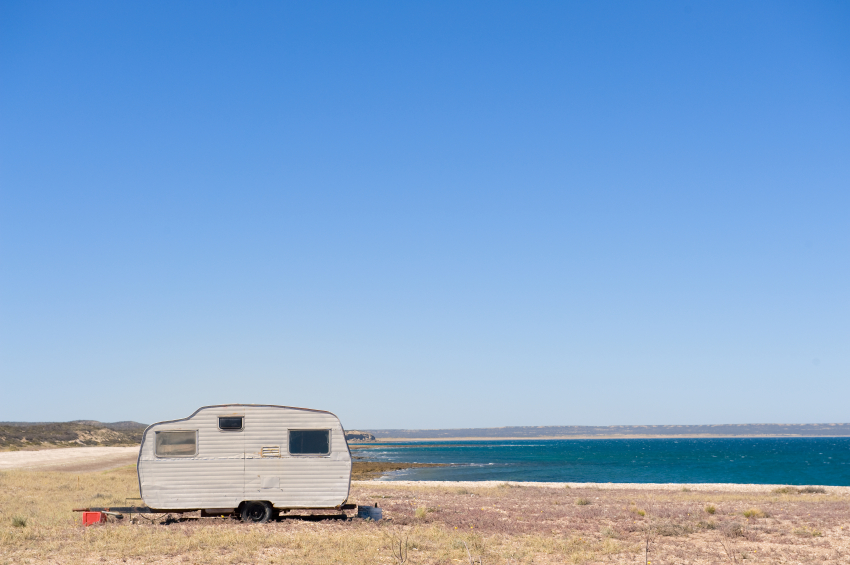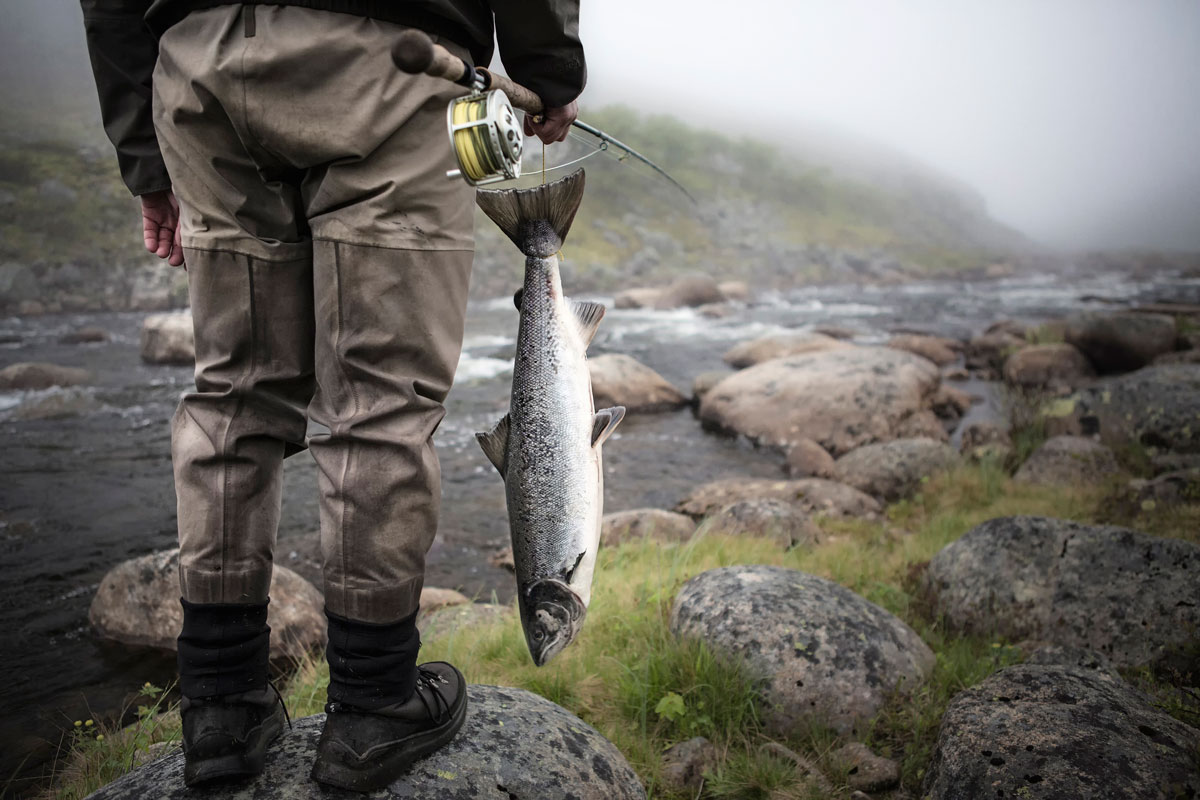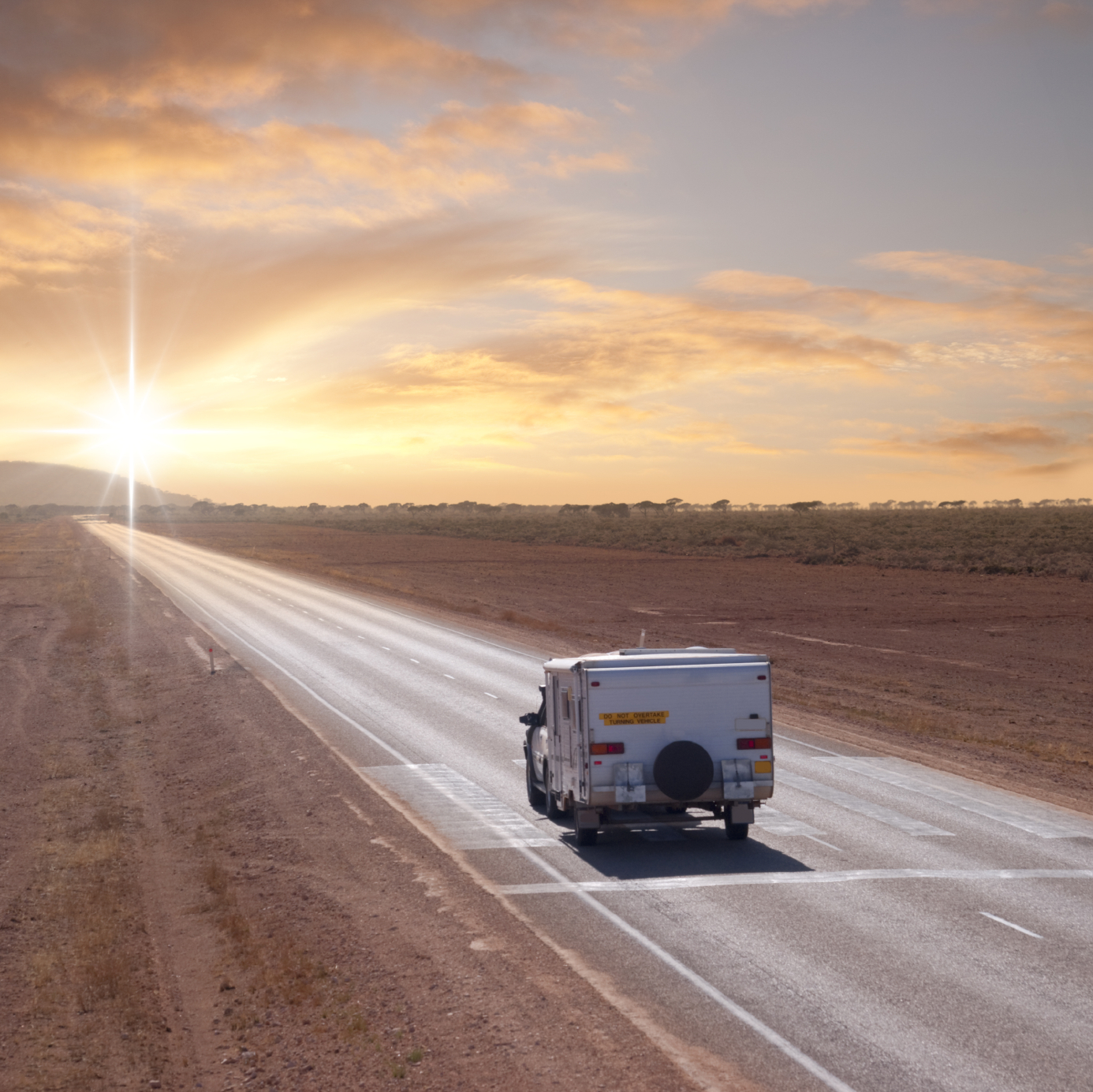Camping has always evoked a sense of freedom and spontaneity. You can explore the country at your own pace, discover amazing locations, and enjoy relaxed evenings at picturesque campsites.
But before you get too comfortable in your favourite fold-out chair, you need to ensure you’ve parked in a legally designated spot. Campervans are considered ‘heavy long vehicles’ by local authorities, and there are certain restrictions on their use.
The easiest and most convenient way to set up camp for the evening is to utilise one of the many certified caravan parks located around popular tourist hubs. These sites charge as little as $15 per night, and offer a variety of useful amenities including power, bathrooms, and barbeques.
Conveniently, websites such as What’s Up Down Under provide a comprehensive list of locations to park your caravan throughout Australia. Discover Down Under even offers an interactive planner, allowing you plot your journey and find suitable camping locations en route.
Local parking by-laws
If you’re planning on exploring more remote locations, or would rather stay somewhere out of the way, a little research can save you a lot of money. Local councils have jurisdiction over parking throughout Australia, and these laws (and their enforcement) can vary significantly.
In Bryon Bay, no-parking zones have been introduced between 1am and 5am at popular tourist sites to discourage campervan parking. In Airlie Beach, overnight parking in non-camping zones will incur $200 fines. If you’re not sure about parking at a specific location, the local government directory website is an excellent resource for checking local council by-laws.
Despite these local variances, there are certain laws in place throughout most of the country. Parking on residential streets, especially near popular tourist destinations, can earn you a ticket and a tap on the window from a ticket inspector.
National park holidays
And while national parks are always a popular spot for camping, all caravans are required to have a pre-paid permit and booking. The National Parks website provides a list of parks in each state and links to the appropriate forms (which you can usually submit online).
Ultimately, the best way to enjoy a stress-free trip and avoid an unexpected ticket is to plan your journey in advance. Knowing the location of certified caravan parks and camping sites will give you both peace of mind and access to essential amenities.
A little online research before you set out will not only make for a more enjoyable adventure, you’ll discover some wonderful locations and practical advice from other travellers.
You can research camping sites and discover amazing locations by visiting your state government’s parks and recreation site; Visit NSW, Visit Victoria, Queensland Holidays, WA Holiday Guide, SA Parks, Tasmania Parks and Wildlife Service, Discover Holiday Parks NT.





